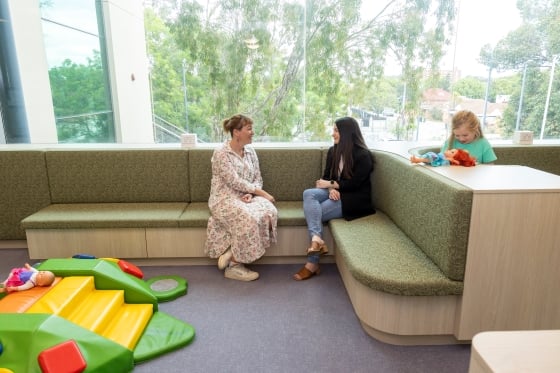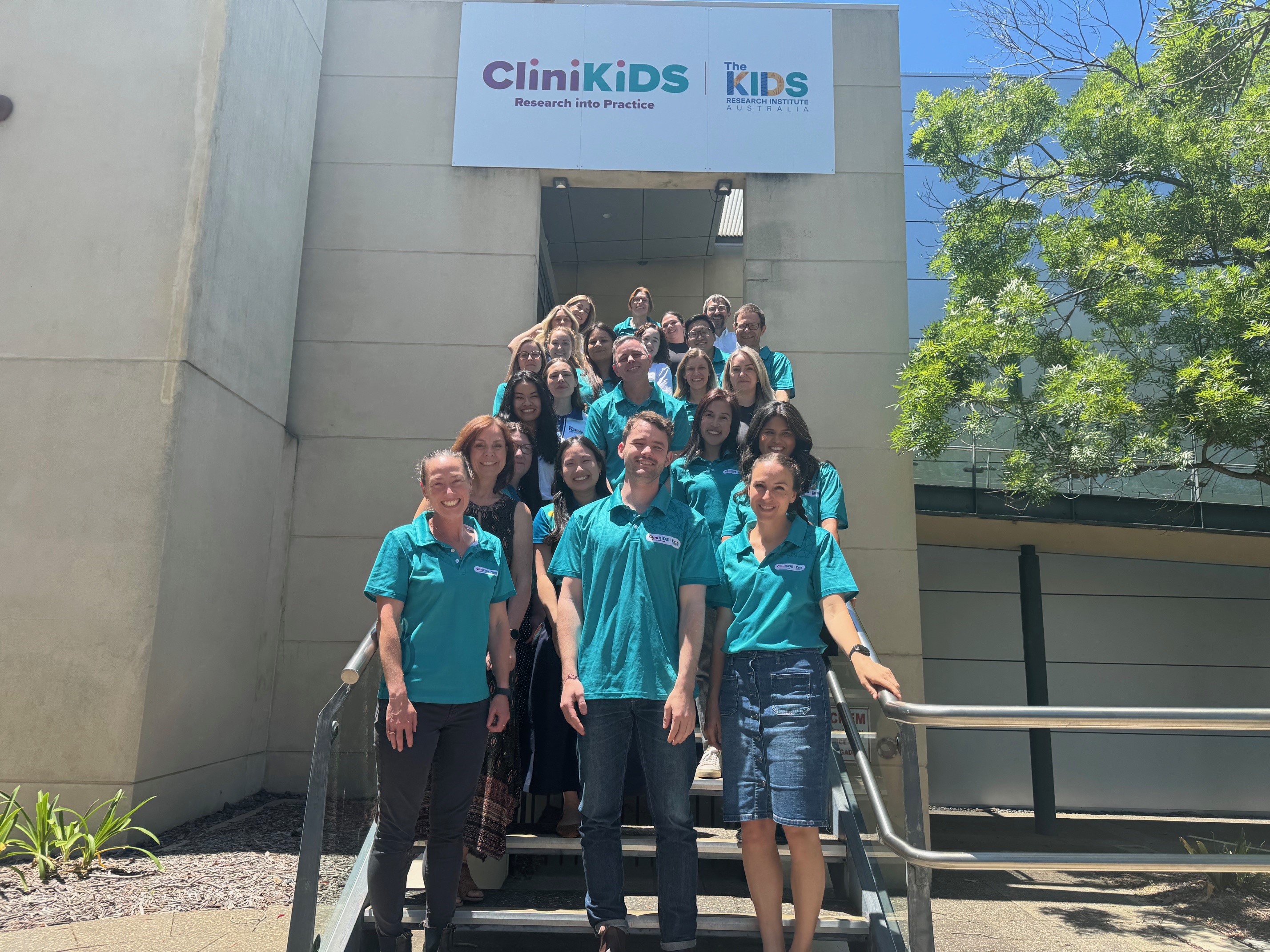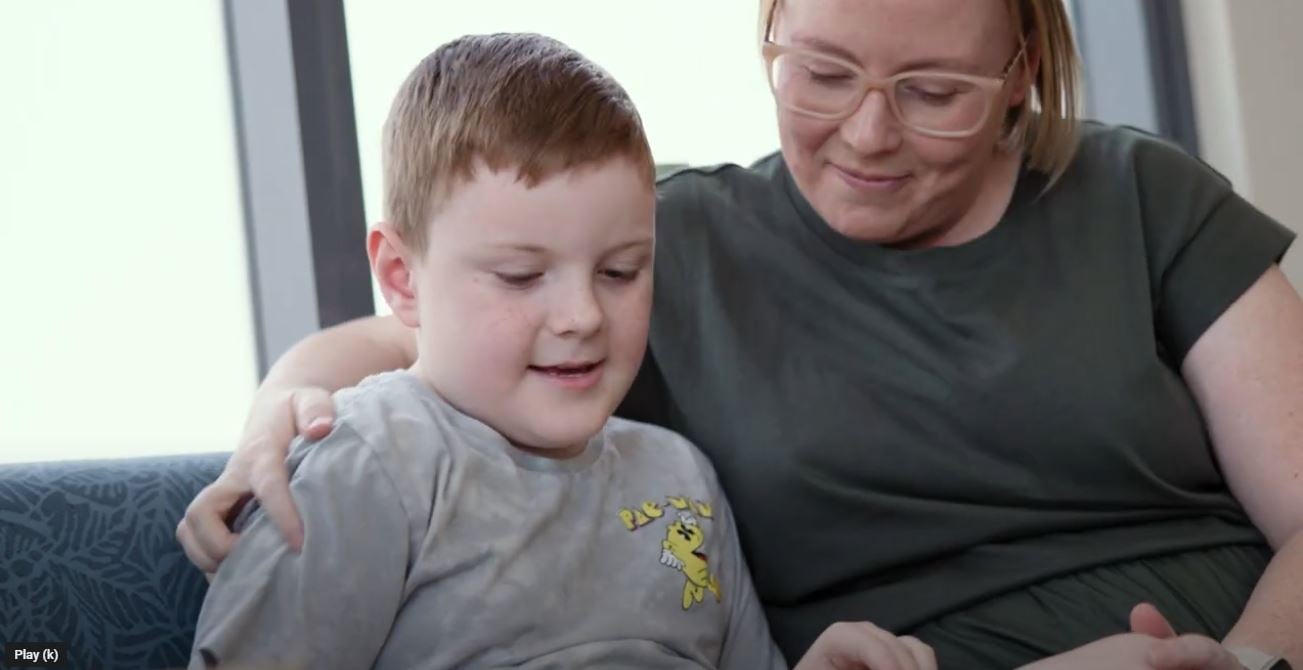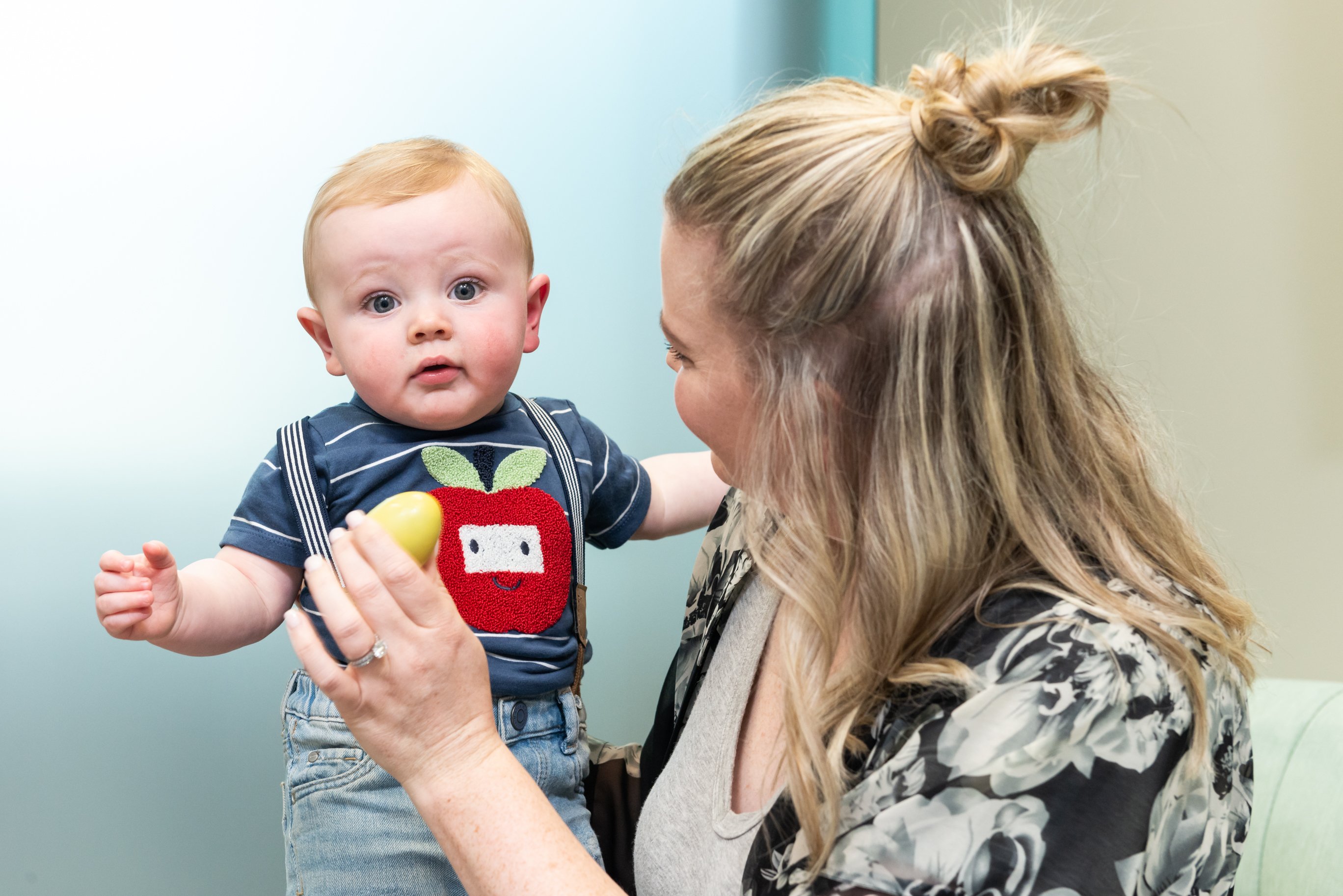Search

News & Events
Serve and return interactionsIn this blog, Speech Pathology Clinical Lead Aria May discusses serve and return interactions to promote connection and communication with your child.
See our full catalogue of news and events.

News & Events
Neuro-affirming waiting roomsIn this blog, Occupational Therapy Clinical Lead Marie Rodatz discusses the elements needed to create a neuro-affirming environment that supports neurodiverse individuals.
See the latest news and events from CliniKids.

News & Events
Team update - December 2025Here is a rundown of staff movements within the clinical team including new faces, staff returning from parental leave and a colleague we soon will farewell for an exciting new adventure.

News & Events
Unpacking PACT - Katie's storyPACT is a program for caregivers of children who would like some additional support to understand their child’s communication.


News & Events
New facesWelcome to the team Clinical Psychologist Registrar Shane Lay and Operations Manager Pip Comiskey, who has replaced Leah Meehan while she is on parental leave.

News & Events
Client survey resultsIn March we emailed all active clients a survey. The purpose of the survey was to understand how you see our service; understand what was important to you; find out what you would change, and see how likely you were to recommend or refer us.

News & Events
Inklings at CliniKidsInklings is a new program for babies aged 6-18 months who are showing early differences in their social interaction and communication development.
